Activism: Feminism
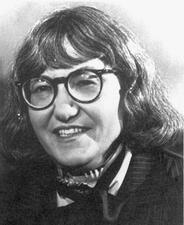
Poetry in the United States
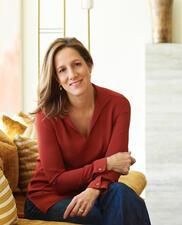
Abigail Pogrebin
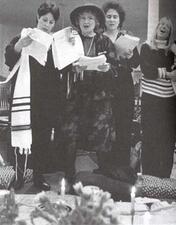
Letty Cottin Pogrebin
Letty Cottin Pogrebin--a writer, activist, editor, organizer, and advocate--gained national recognition first in the national women’s movement and later as a spokesperson for Jewish feminism and issues related to Israel-Palestine. In her work, Pogrebin writes intimately about her own life’s complexities, while echoing the experiences of millions of women.
Anna Sophia Polak
Anna Polak was an important figure in the Dutch women’s movement in the early twentieth-century, who served as director of the National Bureau of Women’s Labor in The Hague for 28 years. Her controversial views on the importance of involving women in the working world led to her international recognition; she was beloved and admired by many.
Poland: Interwar
A minority habitually ignored by scholars, Polish-Jewish women played important roles in the changing cultural and political framework of the interwar years.
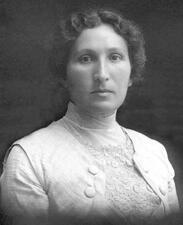
Political Parties in the Yishuv and Israel
Women’s political parties have played an important, though to date poorly acknowledged, role in the social and political history of Israel. They had a significant impact on women’s participation in power center, political and other; they placed a major part in the struggle for women’s right to vote and to be elected; they raised the issue of violence against women, and much more.
Politics in the Yishuv and Israel
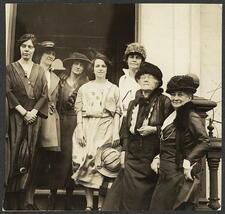
Anita Pollitzer
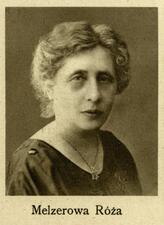
Róża Pomeranc-Melcer
Róża Pomeranc Melcer was a social reformer, feminist, and Zionist active in Galicia and later in Eastern Lesser Poland. She was the first and only Jewish Member of Parliament in the Second Polish Republic (1918-1939) and championed the goals of modern Zionist women's politics.
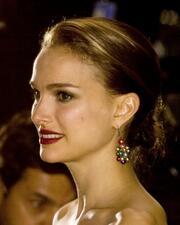
Natalie Portman
Natalie Portman is an actress and activist who takes pride in her acting roles as a reflection of her activism. Her ultimate goal is to raise awareness of the role and importance of women.
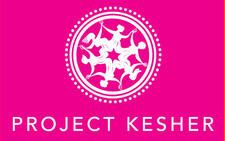
Project Kesher
Project Kesher is a feminist Jewish organization empowering women in Belarus, Russia, Ukraine, and the Russian-speaking community in Israel to build a society in which inclusive Jewish life can flourish, and where women are the instruments of peaceful change.
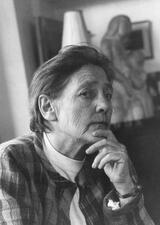
Psychology in the United States
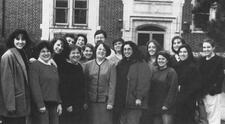
Rabbis in the United States
Since 1972, when Sally Priesand became the first woman in the world ordained by a rabbinical seminary, hundreds of women have become rabbis in the Reform, Reconstructionist, and Conservative movements. In recent years, womenhave also entered the Orthodox rabbinate, using a variety of titles, including rabbi.

Alicia Jo Rabins
With her indie rock song cycle Girls in Trouble, musician Alicia Jo Rabins has reinterpreted the women of the Bible for a modern audience.
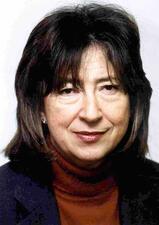
Frances Raday
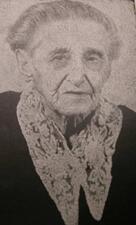
Puah Rakovsky
Puah Rakovsky dedicated her life to working towards the empowerment of Jews, particularly of Jewish women. She was a revolutionary woman, taking on important roles as an educator, translator, organizer of women, and an early socialist Zionist.
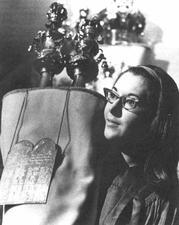
Reform Judaism in the United States
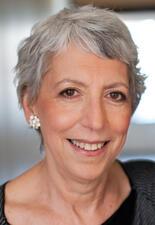
Gail Twersky Reimer
Gail Twersky Reimer is a teacher, writer, editor, passionate advocate for the humanities, and visionary pioneer of Jewish feminism. Reimer founded the Jewish Women’s Archive in 1995 to ensure that Jewish women’s stories would become integral parts of the historical record. Under her leadership, JWA pioneered the use of virtual technology in collecting, chronicling, and transmitting knowledge of Jewish women’s lives.
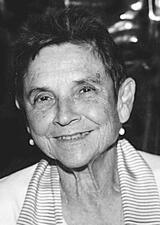
Adrienne Cecile Rich
Adrienne Rich was an influential poet, thinker, and political activist. In her essays and poems, Rich explored the intersections of the personal and the political, focusing in particular on questions of identity while drawing on her own experiences as a woman, a lesbian, and a Jew.
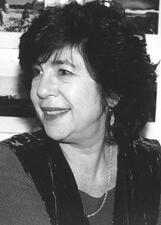
Lilly Rivlin
Lilly Rivlin is a documentary filmmaker whose films are centered around feminism, the Arab-Israeli peace process, Jewishness, and her family relationships. Rivlin’s films The Tribe (1984), Miriam’s Daughters Now (1986), and Gimme a Kiss (2000), all of which explore Jewishness and family, are among her best.
Lillian Rock
Esther Rome
A coauthor of Our Bodies, Ourselves, a classic women’s resource book, Esther Rome came of age with the onset of the modern feminist movement and was a leader in shaping modern American notions of self-help and advocacy for women’s physical and mental health.
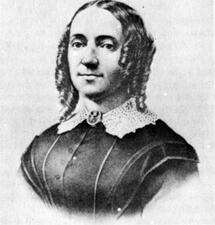
Ernestine Rose
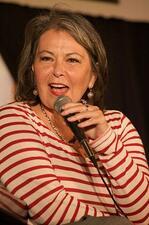
Roseanne
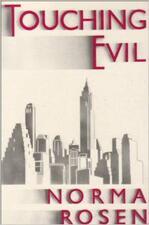
Norma Rosen
Born in Brooklyn in 1925 to secular and assimilated parents, Norma Rosen was an American-Jewish novelist, essayist, educator, editor, and professor. Rosen’s exploration of Jewish history and religion in her writings contributed to questions surrounding Jewish theology and Jewish feminism in the second half of the twentieth century.


